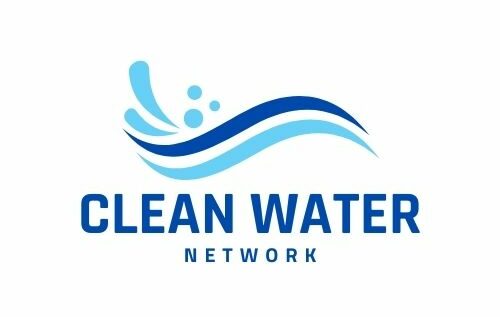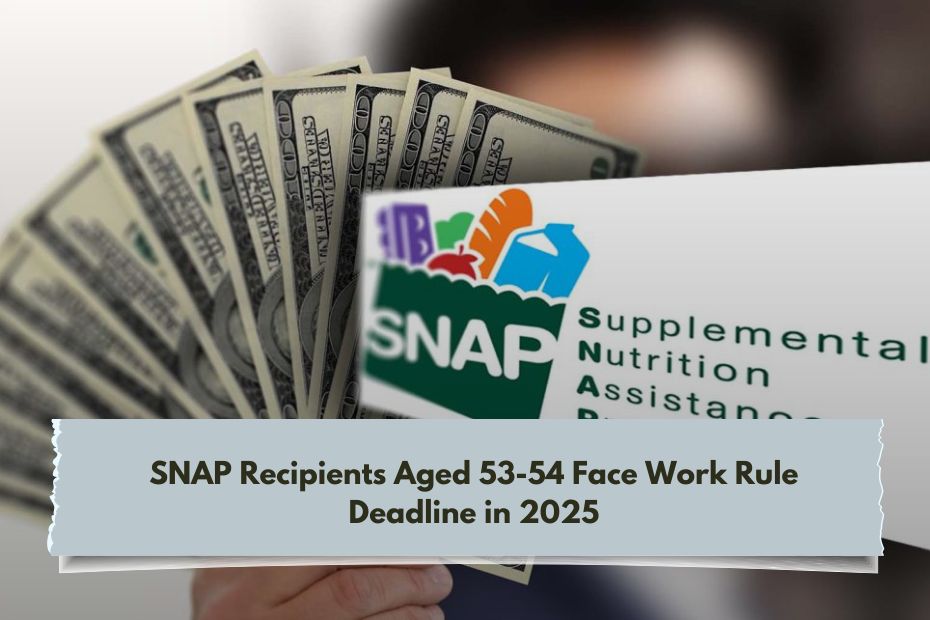SNAP (Supplemental Nutrition Assistance Program) benefits help millions of Americans afford food. However, some rules, like the Able-Bodied Adults Without Dependents (ABAWD) time limit, could cause some recipients to lose benefits if they don’t meet certain requirements. Let’s break down what this means and how to stay eligible for Food Stamps in 2025.
What Is the ABAWD Rule?
The ABAWD rule applies to able-bodied adults aged 18-54 without dependents. Under this rule, recipients must work or engage in specific activities to continue receiving benefits beyond three months in a three-year period.
Work Requirements for ABAWDs
- Minimum Work Hours: 20 hours per week or 80 hours per month.
- Certification Period: Limited to 3 months within 3 years if requirements aren’t met.
If these conditions aren’t fulfilled, SNAP benefits will stop.
Changes in 2025: New Age Group Affected
- Ages 53-54: Starting October 1, 2024, individuals aged 53 and 54 must also meet the ABAWD work requirements.
- Deadline: If work requirements weren’t met in October, November, and December 2024, benefits will end in 2025.
Exemptions from the ABAWD Rule
Not everyone needs to meet the work requirement. Here are some exemptions:
- Pregnant Individuals
- People with Disabilities
- Households with Minors (under 18)
- Veterans
- Former Foster Care Youth (up to age 24)
- Excused from General Work Requirements
Alternatives to Work for SNAP Compliance
If you cannot work, there are other ways to meet requirements:
- Volunteering
- Participating in SNAP-authorized work programs
- Combining work with training
- Workfare Programs: Complete the required number of hours as determined by your state.
Key Dates and Amounts
| Date | Details |
|---|---|
| October 1, 2024 | ABAWD rule expands to ages 53-54 |
| 2025 | SNAP benefits end for non-compliant recipients aged 18-54 |
| 20 Hours/Week | Minimum work requirement for eligibility |
Conclusion
Staying informed about SNAP’s ABAWD rules is essential to ensure continued benefits in 2025. If you’re aged 18-54 and affected by these changes, explore your options like work, volunteering, or exemptions. Understanding these guidelines can help you avoid losing this vital assistance.
FAQ’s
What happens if I don’t meet the work requirements?
If you don’t meet the requirements, you’ll only receive benefits for three months in a three-year period.
Are there other ways to keep benefits besides working?
Yes, volunteering, participating in SNAP-authorized programs, or training can help you meet the requirement.
Who is exempt from the ABAWD rule?
Pregnant individuals, those with disabilities, veterans, and people in households with minors are exempt.

